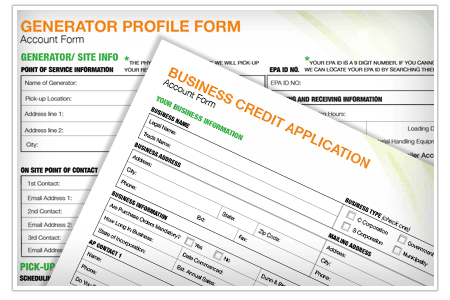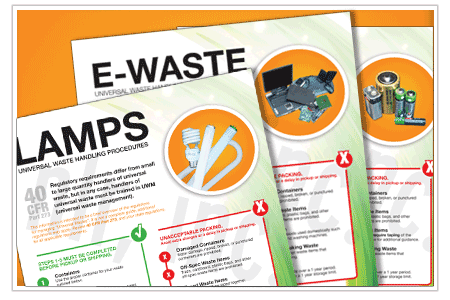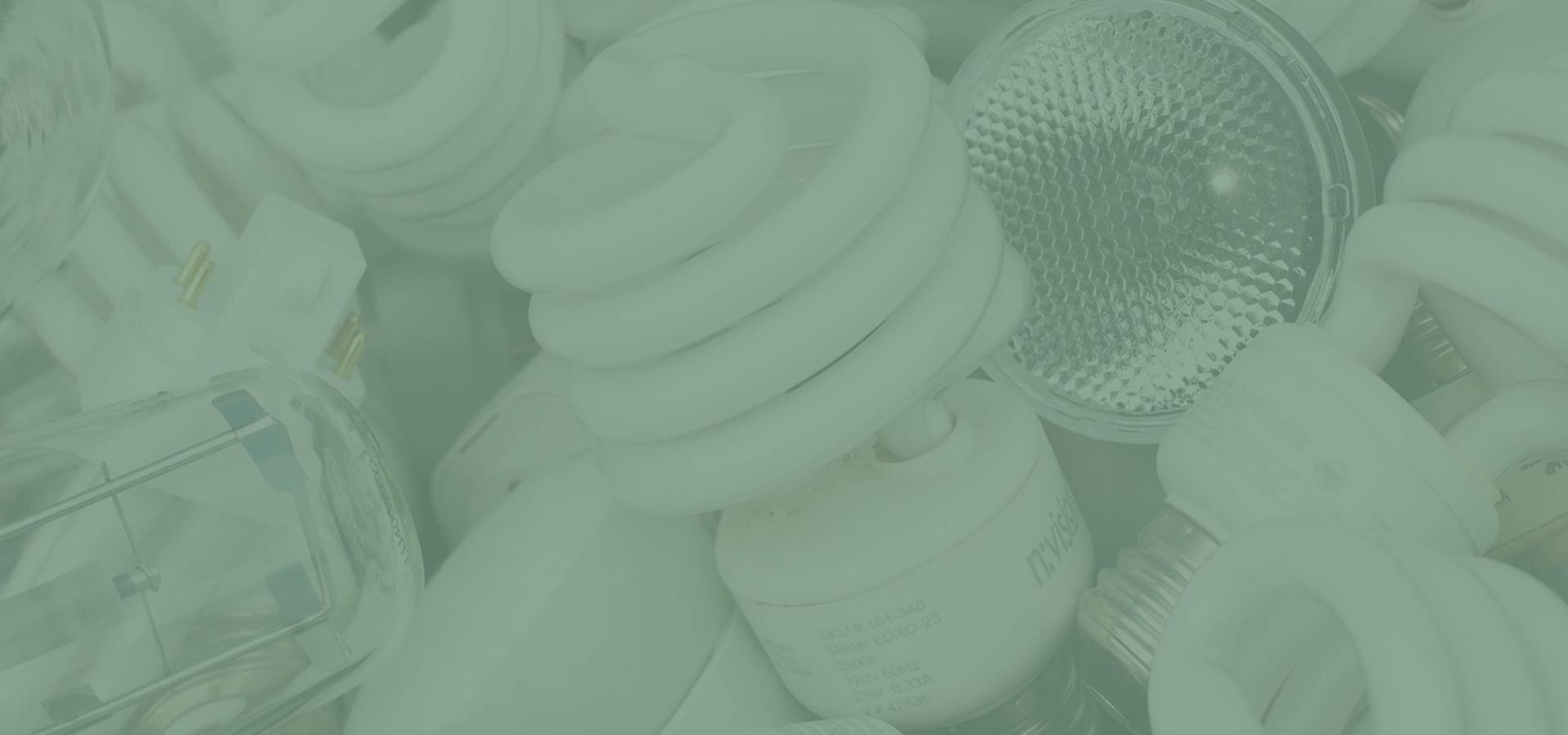Forms and Permits
If you’re looking for account forms to become a customer, our permit to operate, insurance information, or our state transportation permits, click below to view more.
What is the Universal Waste Rule?
Since NLR is a destination facility for universal waste recycling we are governed by multiple state and federal regulations pertaining to universal waste, Section 22a-449(c)-113 of the Regulations of Connecticut State Agencies (RCSA) and the federal Universal Waste Rule 40 CFR (Code of Federal Regulations) 273. This Universal Waste Rule provides a set of streamlined regulations to help reduce regulatory burden by allowing longer term storage of wastes, reduced record-keeping requirements and consolidation of wastes off-site without a permit. Under this rule, universal wastes are:
- Generated in a wide variety of settings other than industrial settings usually associated with hazardous wastes;
- Generated by a vast community (typically greater than 1,000 sources);
- May be present in significant volumes in non-hazardous waste management systems.
Rules And Regulations About Universal Waste
Resource Conservation and Recovery Act (RCRA)
The Resource Conservation and Recovery Act (RCRA) outlines what a hazardous waste is, how it should be stored, how long it can sit in one location, and also how it should be transported. In 1976 RCRA regulations labelled fluorescent lamps as a hazardous waste.
For more information about RCRA please visit the EPA:
Superfund Law (CERCLA)
The Comprehensive Environmental Response, Compensation, and Liability Act (CERCLA) or “Superfund” Law prohibiting the dumping and improper disposal of various wastes and holding existing business entities accountable for cleanup. Created in the 1980’s the “release” or “threat of release” of hazardous substances triggers a Superfund notification and specific cleanup requirements.
For more information about CERCLA please visit the EPA:
Toxic Substances Control Act (TSCA)
Another law in 1976 passed to require better records keeping, testing, and restrictions of specific hazardous chemical substances. TSCA banned production of PCB’s in the United States because of their negative health impacts on people, animals, and the environment.
For more information about TSCA please visit the EPA:
https://www.epa.gov/laws-regulations/summary-toxic-substances-control-act
State Regulations
According to the general structure of most federal regulatory programs, states must adopt the federal regulations as a minimum requirement. In many case, state regulations are often more stringent than federal programs. Since we serve many states both in pickup and mail-back programs, you must check your states rules and regulations to see if there are additional requirements.
For more information about your state’s environmental agency and your rules and regulations, please visit the EPA:
https://www.epa.gov/home/health-and-environmental-agencies-us-states-and-territories
External Links
EPA
If you’re looking for information about universal waste and federal guidelines.
Some helpful pages:
DOT
If you’re looking for information about transporting universal waste.
Some helpful pages:
OSHA
If you’re looking for information to keep employees and waste handlers safe in your workplace.
Some helpful pages:
Other Links
If you’re looking for information about other waste streams, such as paint or radioactive materials.
Some helpful pages:




